What is organic?
Organic farming is a production method that aims to produce food using natural substances and processes. This is why organic farming tends to have a limited impact on the environment, since it promotes it:
- responsible use of energy and natural resources
- maintaining biodiversity
- preserving regional ecological balances
- improving soil fertility
- maintaining water quality
In addition, organic farming standards aim for a high level of animal welfare and require farmers to respect specific behavioral habits of animals.
However, the question many people often ask is whether they really have added value compared to mass-market foods. And yes, they do. Let's see their main advantages:
They have higher nutritional values: Nutrition and agriculture experts say that organic foods have higher nutritional values than foods produced with chemicals or additives. These substances considerably reduce the natural qualities of the products and reduce their quality. In addition, organic foods pose no risk to our health.
They require more labor : The process of producing organic food is much slower than that of traditional food. Natural cycles are not changed, which means more work. Although this is evident in the price of organic food, which is slightly higher than that of other foodstuffs, these processes contribute to the development of the regions and environments where they are produced, in line with the concept of responsible consumption and social development.
Avoiding environmental contamination : By forgoing chemicals and fertilizers, organic companies and producers do not pollute the environments in which they operate. On the contrary, all stages of their production chain are characterized by preservation and respect for the environment. This is one of the most important points to certify when asking the authorities for the organic label, as is the case in Europe.
Respect for animal welfare : But organic food not only influences social development, but also the preservation of animal species. The best example of this is organic farming, where no chemicals or preservatives are used to feed the animals. The whole process is natural.
Promote sustainable development : However, perhaps the greatest contribution of organic food is that it does not promote isolated actions, but is part of a new model of consumption and production in which concern of the environment remains a priority and consumers are made aware of its importance.


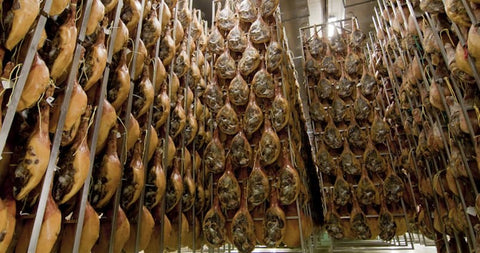


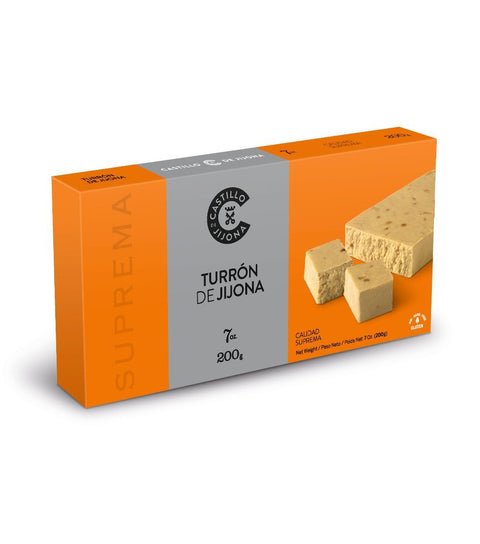

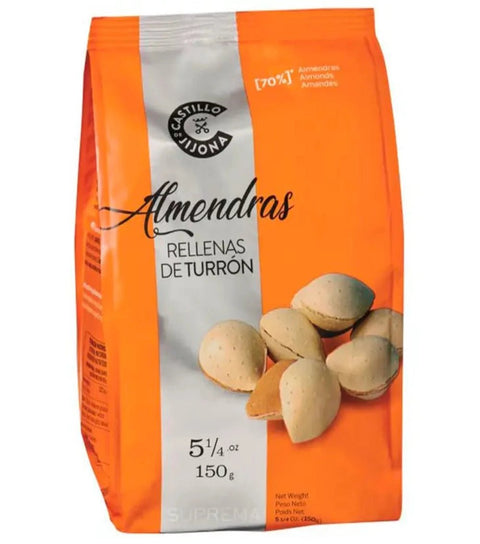


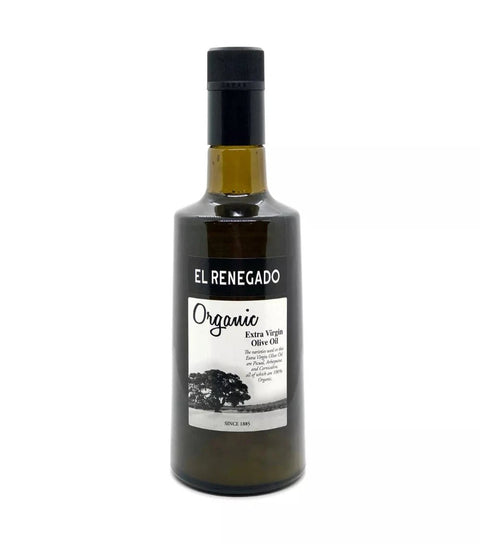
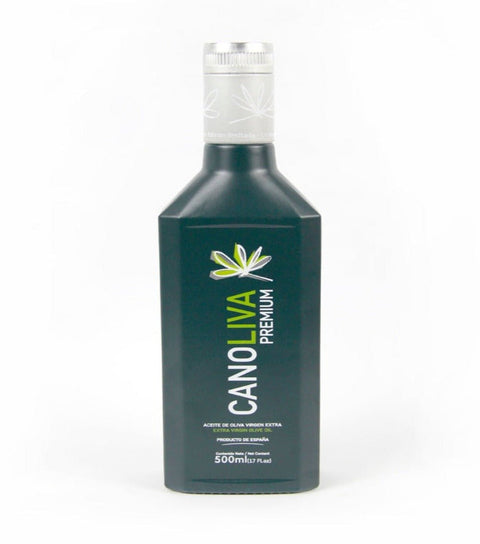
Comments (0)
There are no comments for this article. Be the first one to leave a message!